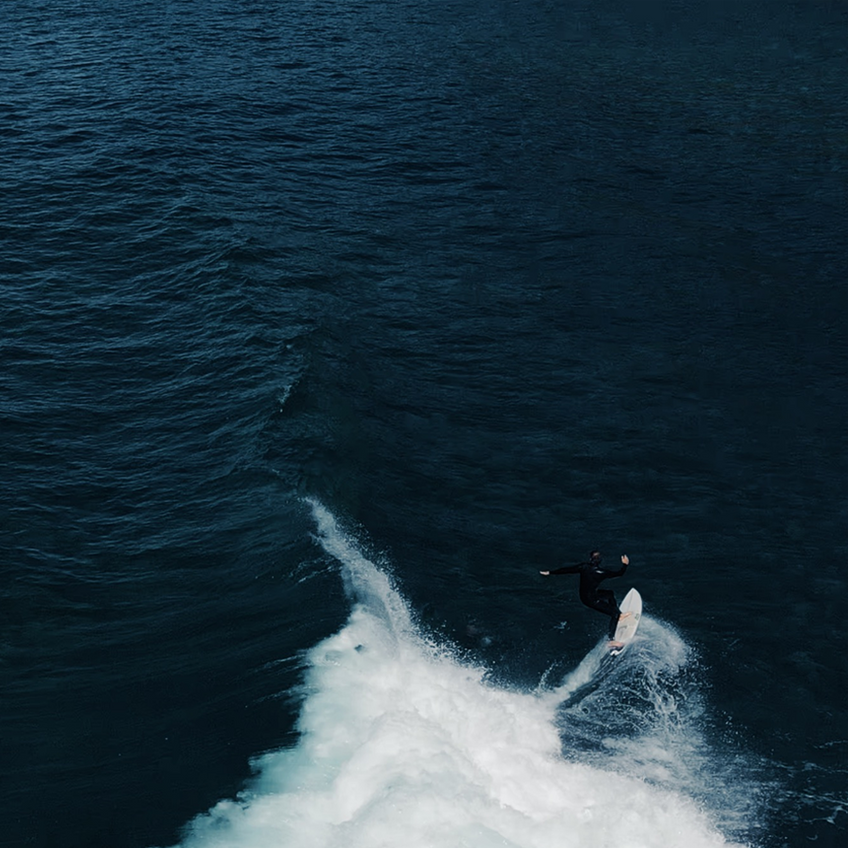Pingu: the bird, the myth, the legend. Who else grew up watching this mischievous chap wreak havoc on the South Pole? The ‘80s stop-motion cartoon has won the hearts of millions, and to this day, evokes a sense of wistful nostalgia…
But January 20th isn’t about Pingu, it’s about the birds that inspired him. Penguins are under acute threat from human activity, endangered by a toxic patchwork of melting ice, commercial overfishing, and pollution. “Penguins are sadly one of the most threatened groups of seabirds” writes birdlife.org, “with half of the 18 species listed by Birdlife as either Vulnerable or Endangered.” Scientists worry that because penguins are not the most visible of creatures (you don’t tend to see them in your local park) nobody’s really picking up on their alarming population decline.
That’s why Penguin Awareness Day was created! Celebrated every January 20th, it is designed to educate the public on the plight of penguins, reveal how climate change impacts them and garner greater support for conservation efforts.
The TWOTHIRDS Connection
While TWOTHIRDS might be better known for our iconic whale, we like to champion other oceanic animals too. In our Kids Collection, you’ll find each age-range represented by a different animal. We assigned penguins to our 4-5 year old ocean lovers! We think they’re a good reflection of this period in kids’ lives: when they’re most curious about the world, are beginning to find their feet, and could not be anymore adorable.
Why Do Penguins Matter?
Penguins are more than just a cute face, though. As the biggest land animal to call Antarctica home, penguins are essential to the resilience of the continent’s fragile ecosystems. But they don’t just live on ice: species of penguin are found on each of the continents in the southern hemisphere, including Africa and Australia. They act as an important food source for larger predators like sea lions and foxes. Should penguins go extinct, many other species may soon follow.
Of all 18 species of penguin, one towers above the rest: the Emperor Penguin, subject of the epic Morgan Freeman-narrated documentary, “March Of The Penguins.” Sadly, Emperors are one of the most threatened penguin species and some groups may go extinct in the next 30-45 years.
This is due to melting ice sheets, which are threatening Emperor Penguin colonies - the areas where they rear their young. As water levels rise and ice recedes, newly hatched penguins are left exposed to conditions they’re not yet prepared for - which has proved fatal. At the second largest Emperor penguin colony in the Weddell Sea, none of the chicks have survived in the past three years - which will have a devastating effect on the penguin population.
Emperor’s aren’t the only ones in the red either. The population of the African Penguin has declined by 65% since 1989. Predicted El Niño monitoring has also identified a 30% chance that the Galapagos penguin will go extinct in the course of this century.
“The loss of any species is a tragedy for the planet” - biologist Marcela Libertelli told Reuters.
This has everything to do with Climate Change, which affects the availability of food sources as well as the landscapes that penguins depend on. Penguins are also slow at evolving - the slowest of all bird species - making them even more vulnerable to climate change.
How Can You Help Penguins?
One of the lesser known impacts on penguins is plastic waste. Like many animals that depend on the sea for food, penguins accidentally ingest small pieces of microplastics. These work their way around the digestive tract, release toxins, and can lead to birth defects. They can also get entangled in larger pieces of plastic. How can you help? By eliminating plastic from your daily life and supporting efforts to extract it from the sea. You can also campaign against the producers and users of single-use plastics. We’ve made a small difference at TWOTHIRDS by always using plastic-free packaging.
Through documentaries like Cowspiracy and Seaspiracy, you’ve probably heard of how changes to diet can reduce emissions and fortify ecosystems. Even if you don’t want to cut out fish or meat completely, please always look for the most sustainable options. Buying fish from sustainable and renewable sources should help shift the industry away from overfishing - which affects penguins. The best approach will always be to avoid eating environmentally damaging foods entirely.
Penguins need protection, of that there is little doubt. Another way you can help is by supporting an NGO that takes care of penguin issues of all shapes and sizes.
Why Do We Love Penguins?
Given the sobering nature of this blogpost, we thought best to end on a high note. Here are three reasons we think penguins deserve more love:
1. They’re loyal. Sort of.
To walk 120 kilometers in freezing blizzards and snow drifts just to feed your partner and unborn child, you’ve gotta be pretty loyal. However, research does challenge the held belief that these birds mate for life, as penguin divorces are a thing! While they will stay loyal for the breeding season, up to 85% of Emperor Penguins part ways.
2. They’ve got happy feet.
Penguins have especially adapted feet for long-distance walking. In the water, these feet sit flush to their bodies and act like rudders, controlling the penguin’s direction of swimming.









